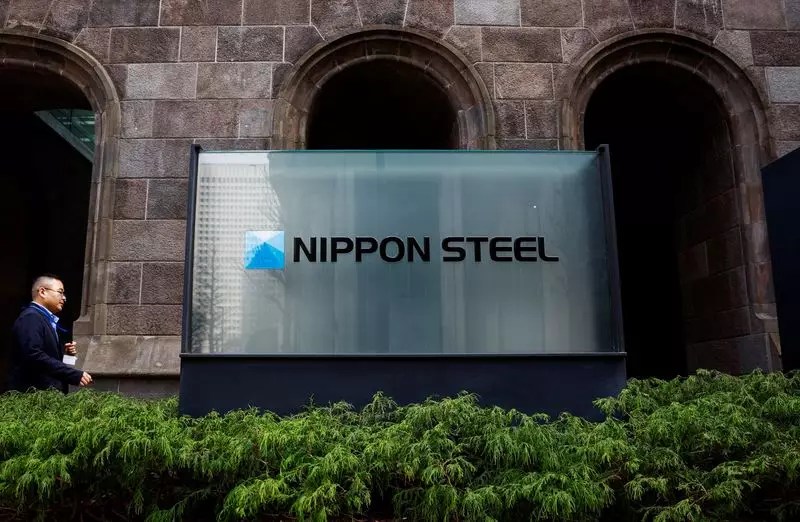The proposed $14.9 billion takeover of U.S. Steel by Nippon Steel has raised national security concerns in the United States. According to a letter from the Committee on Foreign Investment in the U.S. (CFIUS), the deal could potentially harm the supply of steel needed for critical sectors such as transportation, infrastructure, construction, and agriculture. The letter stated that decisions by Nippon could lead to a reduction in domestic steel production capacity, ultimately impacting national security.
Concerns about Supply Chain Disruptions
CFIUS expressed concerns about potential supply chain disruptions in sectors critical to national security due to the takeover. The committee highlighted the importance of maintaining viable commercial production capabilities and a skilled workforce within the U.S. steel industry to meet national security requirements. CFIUS also noted the risk posed by Nippon Steel’s increasing presence in India, where production costs are significantly lower than in the U.S.
Another point of contention raised by CFIUS is Nippon Steel’s policy regarding seeking U.S. trade relief for products manufactured domestically. The committee pointed out that Nippon has sometimes resisted seeking trade relief for the U.S. domestic steel industry, potentially affecting U.S. Steel’s ability to pursue trade remedies under Nippon’s control. Despite reassurances from Nippon that it would not transfer any U.S. Steel production capacity or jobs outside the U.S., concerns remain about potential interference in U.S. Steel’s decisions on trade matters.
In response to CFIUS’s concerns, Nippon Steel has proposed a detailed draft agreement to address the national security risks associated with the takeover of U.S. Steel. The agreement aims to maintain and potentially increase domestic steelmaking capacity in the United States, while ensuring that U.S. Steel retains control over its trade decisions. However, the effectiveness of these proposed solutions remains to be seen, and CFIUS will continue to closely monitor the situation to safeguard national security interests.
Overall, the proposed takeover of U.S. Steel by Nippon Steel presents complex national security challenges that require careful consideration and mitigation strategies. The potential impact on critical sectors and supply chain disruptions underscore the need for thorough review and regulatory oversight to protect the U.S. steel industry and national security interests. With the final decision yet to be made, stakeholders must weigh the potential benefits and risks of the deal to ensure the long-term stability and security of the U.S. steel industry.


Leave a Reply